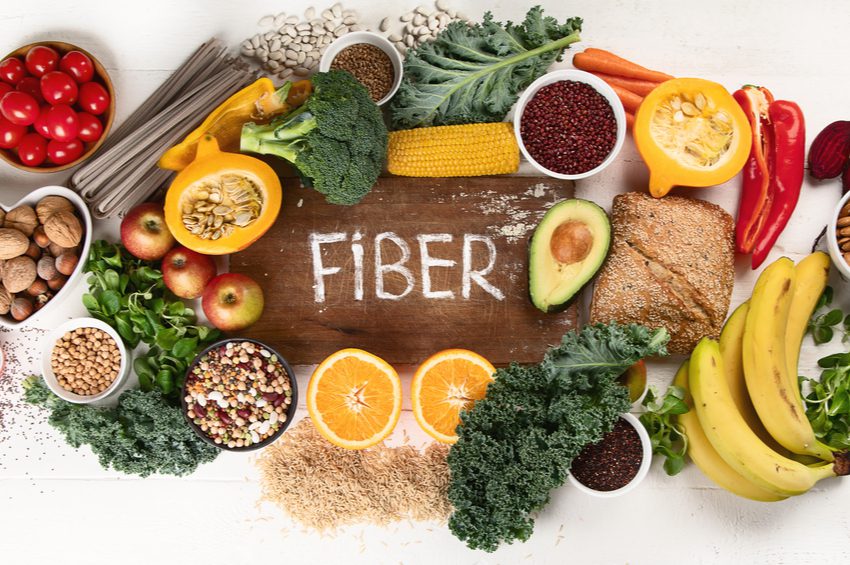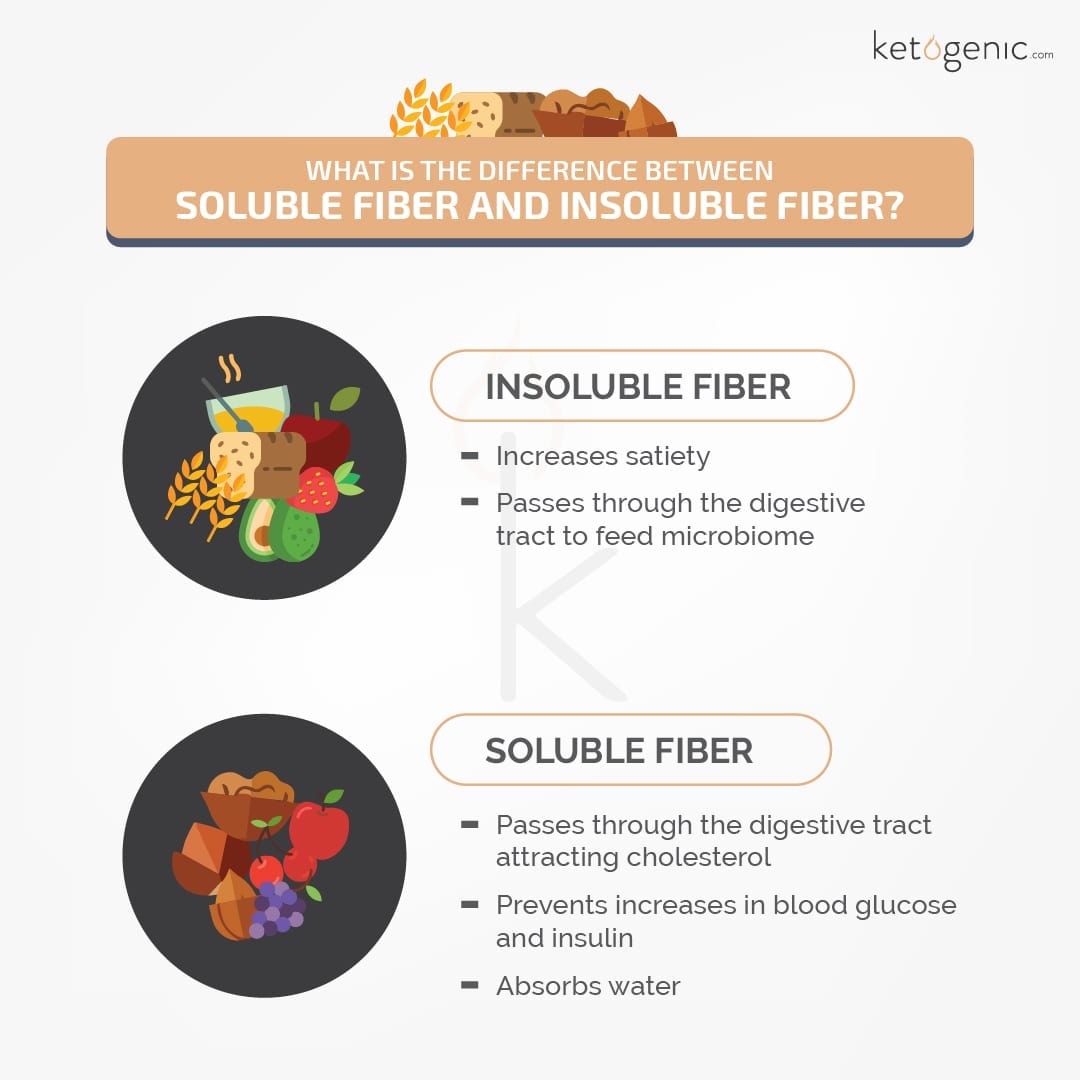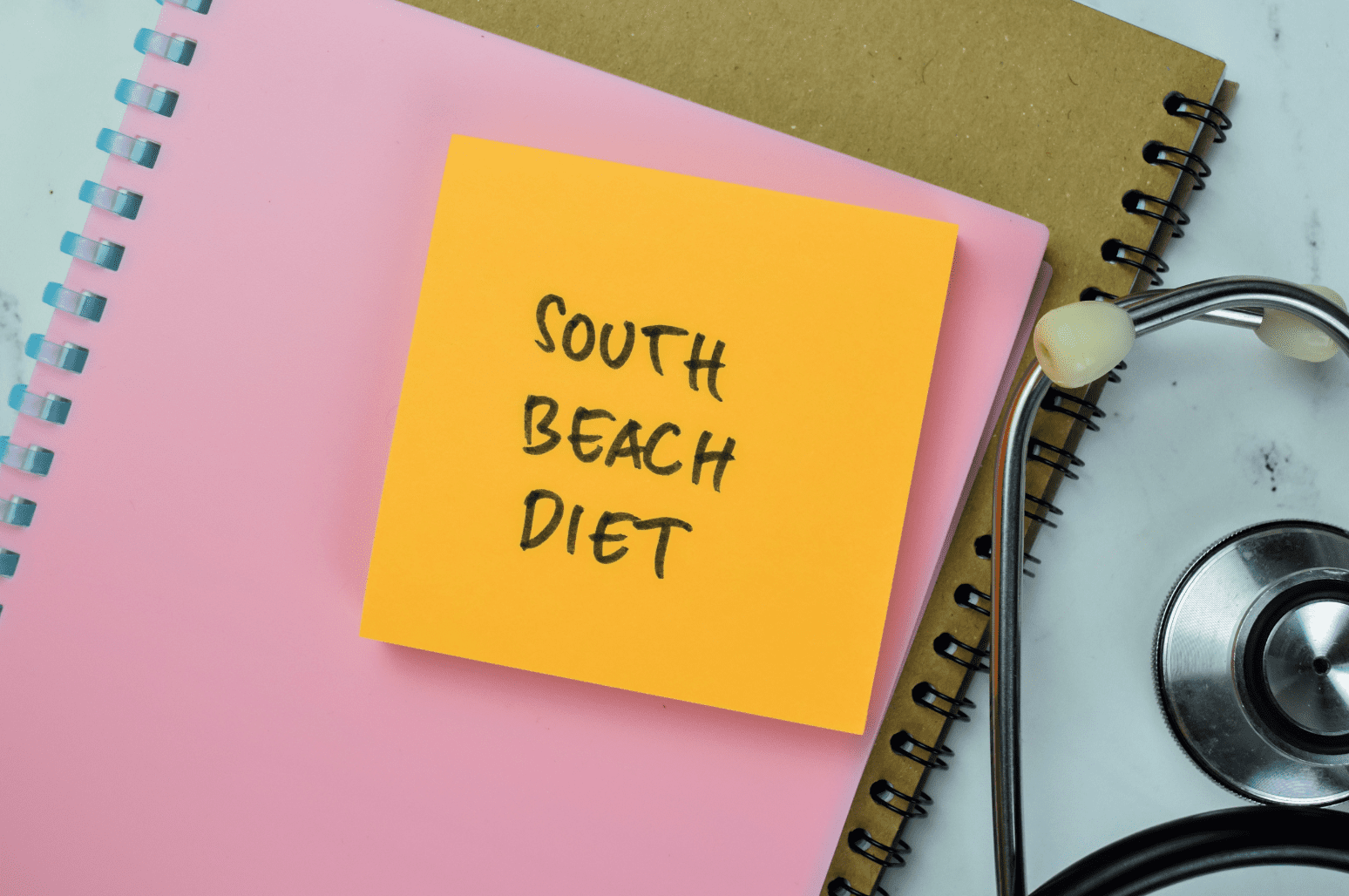
When you think of fiber, what do you think of? Probably the bathroom, right? Fiber is most commonly associated with GI issues and having regular bowel movements, but what exactly is it? And since fiber is mostly from bread and grains, how do you get enough on keto?
What Is Fiber?
Fiber is a carbohydrate that isn’t digested by the body. Normally, carbohydrates are broken down into their simplest form, glucose. Fiber, however, can not be broken down into glucose. Instead, dietary fiber passes through the digestive system and is excreted. [1]
Fiber and Blood Sugar
Since fiber is not broken down into glucose, it does not cause a spike in blood sugar levels, like other carbohydrates. This is also why fiber is subtracted from the total carbohydrates when calculating net carbs. They don’t contribute to your total daily carb count since they are not digested.
Some fibers, like isomaltooligosaccharides (IMO), however, are not true fibers, meaning they are partially digested and can have an impact on blood glucose levels. [2] [3] [4]
Soluble tapioca fiber is a commonly used fiber that is considered a true fiber and will not impact blood glucose levels. [5]
Natural fiber from foods, like vegetables and berries, can be subtracted from total carbs.
Soluble Vs. Insoluble Fiber
There are two different types of fiber: soluble and insoluble fiber.

As the name suggests, soluble fiber is dissolved in water. Insoluble fiber does not dissolve in water. Both fibers have various health benefits and can impact digestion in different ways.
Soluble fiber may help reduce the risk of heart disease and improve blood pressure. Insoluble fiber may help reduce the risk of diabetes. Below is a comparison of the two, their uses, and good sources of these fibers. [6]
Soluble Fiber
- dissolves in water
- plant pectin and gums
- pro: firms stool, slows digestion, and may help with diarrhea
- con: may cause constipation
- sources: beans, peas, oats, citrus
Insoluble Fiber
- doesn’t dissolve in water
- cellulose and hemicellulose
- pro: softens stools, speeds up digestion, and may help with constipation
- con: may cause diarrhea
- sources: brown rice, wheat bran, potatoes
Getting Enough Fiber on Keto
Common sources of fiber include oats, grains, beans, potatoes, lentils, fruits, and vegetables. Since not all of these are not keto-friendly, you may feel like it’s nearly impossible to get fiber in on keto. Well, increasing fiber intake on keto is actually a lot easier than you may think. Here is a list of some keto-friendly high fiber foods:
Keto Sources of Soluble Fiber
- psyllium husk
- berries (raspberries, strawberries, blueberries)
- Brussels sprouts
Keto Sources of Insoluble Fiber
- almonds
- macadamia nuts
- cauliflower
Keto Sources of Both Fibers
- avocado
- edamame
- broccoli

Fiber Consumption and Bowel Movements
If you struggle with constipation on keto, try adding more insoluble fiber into your diet. Add in healthy servings of foods like cauliflower and almonds.
If you struggle with diarrhea or frequent bowel movements, try to add more soluble fiber to your diet. Regular servings of berries and brussels sprouts can help firm stool and prevent diarrhea.
Do You Get Enough Fiber on the Keto Diet?
Comment below and share your favorite way to ensure you’re getting enough fiber on the ketogenic diet!
References
Dhingra, D., Michael, M., Rajput, H., & Patil, R. T. (2012). Dietary fibre in foods: a review. Journal of food science and technology, 49(3), 255–266. https://doi.org/10.1007/s13197-011-0365-5
Takanobu Kohmoto, Keisuke Tsuji, Toshiyuki Kaneko, Masao Shiota, Fumio Fukui, Hajime Takaku, Yasue Nakagawa, Tomio Ichikawa, Syuuhei Kobayash. Metabolism of 13C-Isomaltooligosaccharides in Healthy Men. Bioscience, Biotechnology, and Biochemistry, Volume 56, Issue 6, 1 January 1992, Pages 937–940, https://doi.org/10.1271/bbb.56.937
Kendall, C. W., Esfahani, A., Hoffman, A. J., Evans, A., Sanders, L. M., Josse, A. R., Vidgen, E., & Potter, S. M. (2008). Effect of novel maize-based dietary fibers on postprandial glycemia and insulinemia. Journal of the American College of Nutrition, 27(6), 711–718. https://doi.org/10.1080/07315724.2008.10719748
Oku, T., & Nakamura, S. (2003). Comparison of digestibility and breath hydrogen gas excretion of fructo-oligosaccharide, galactosyl-sucrose, and isomalto-oligosaccharide in healthy human subjects. European journal of clinical nutrition, 57(9), 1150.
Anderson JW, Baird P, Davis RH Jr, Ferreri S, Knudtson M, Koraym A, Waters V, Williams CL. Health benefits of dietary fiber. Nutr Rev. 2009 Apr;67(4):188-205. doi: 10.1111/j.1753-4887.2009.00189.x. PMID: 19335713.









